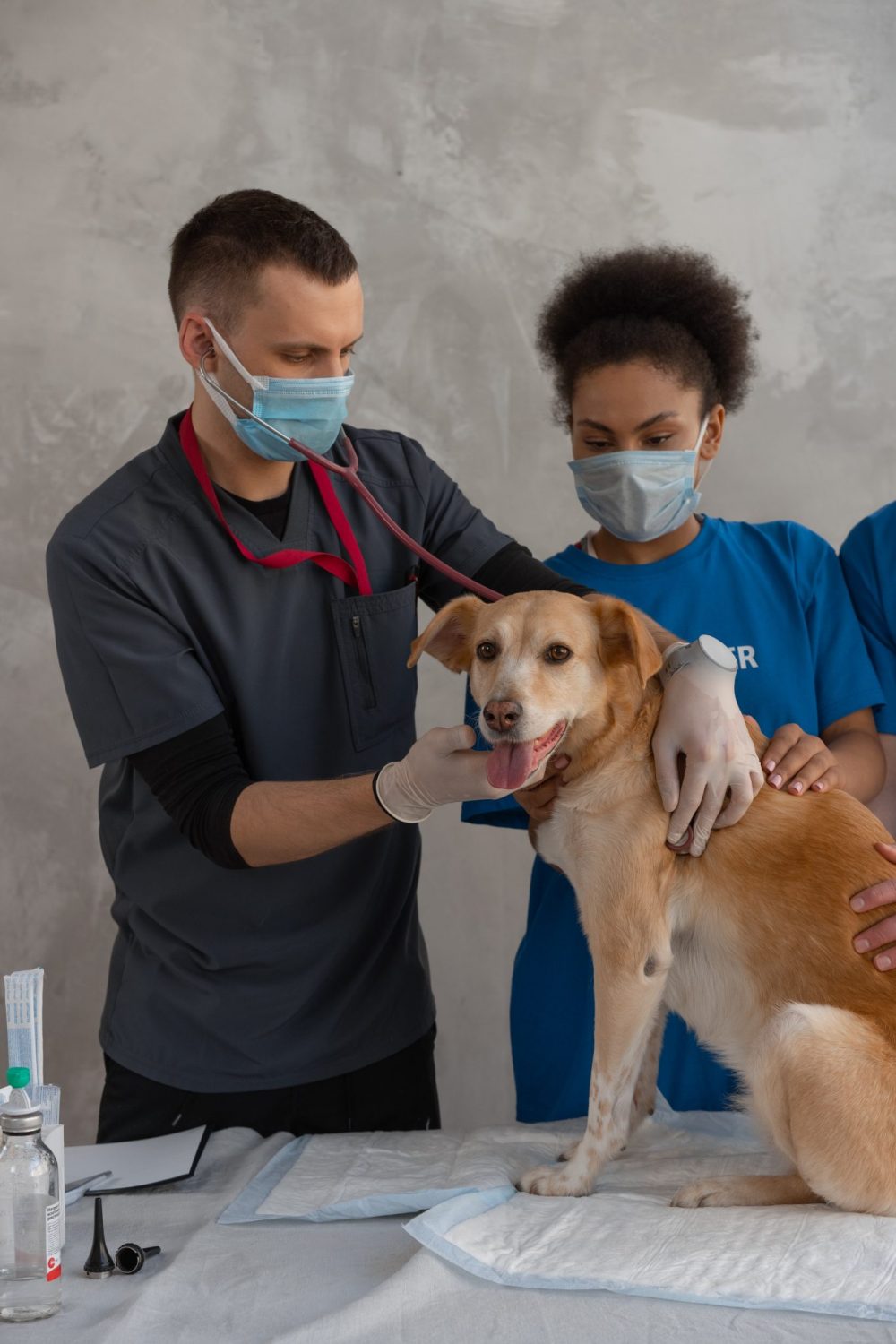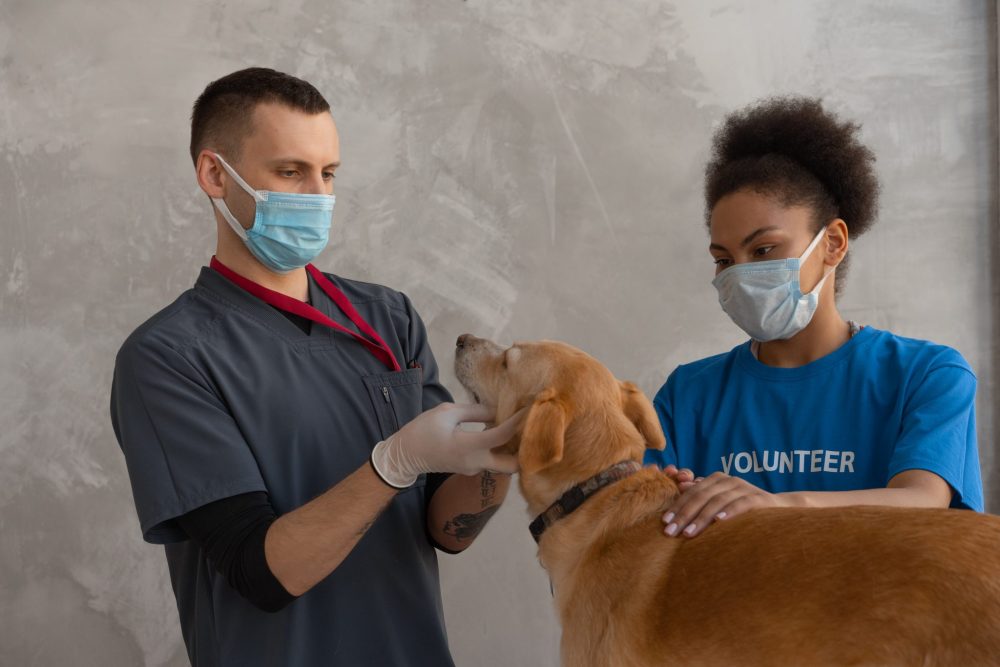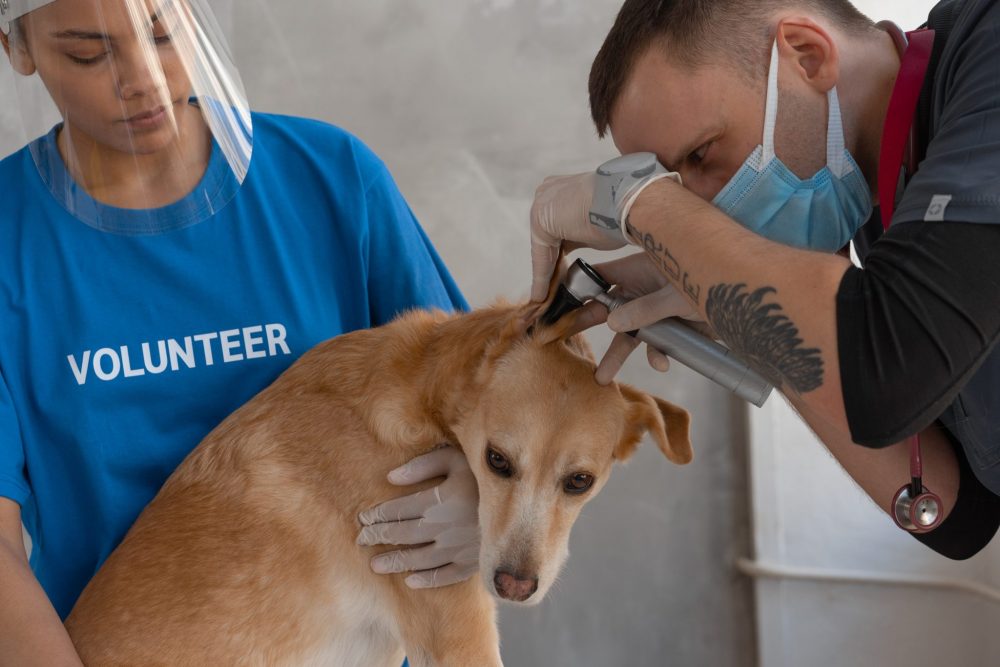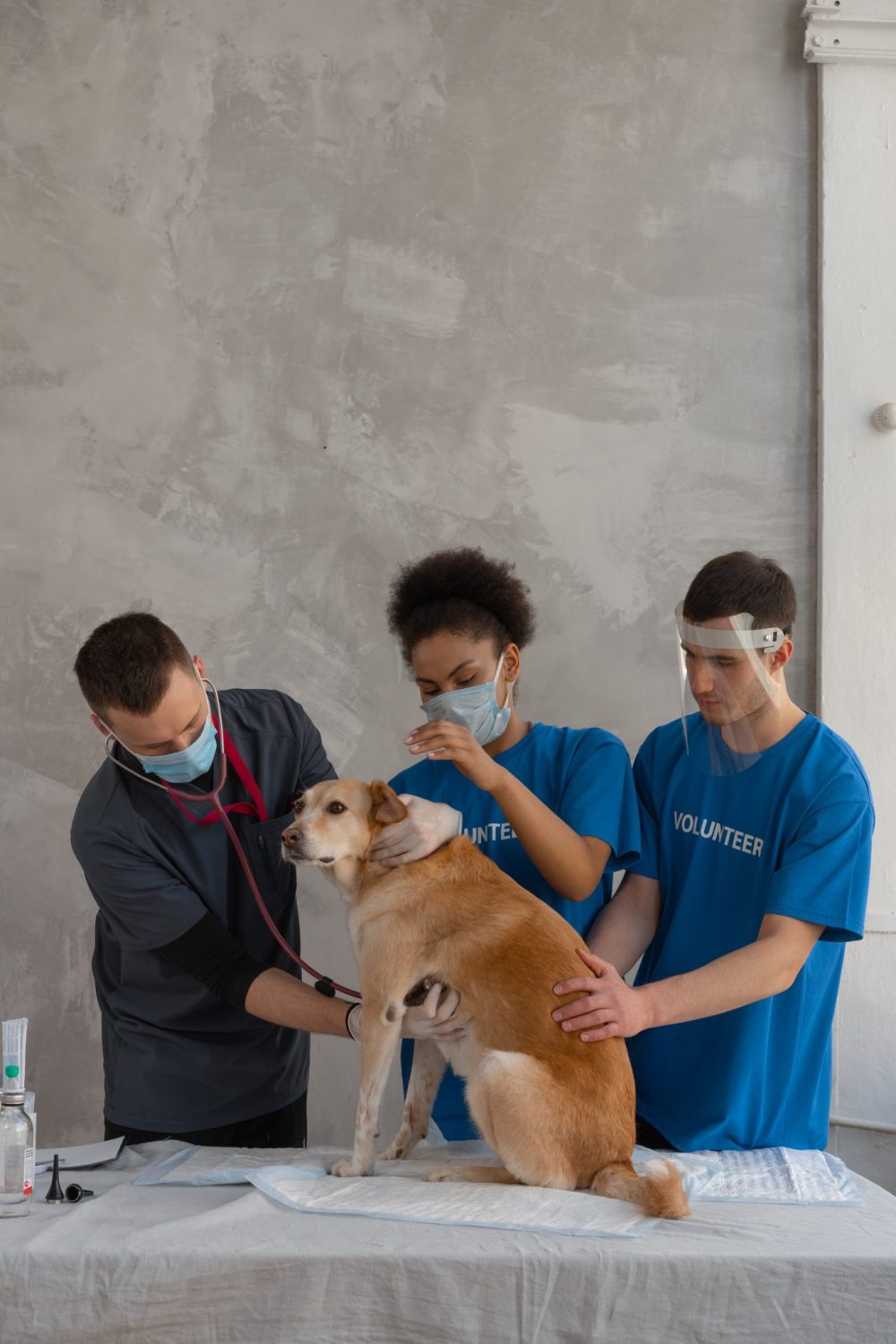As a pet owner, you may sometimes experience the moment when your pet is unwell, which can leave you worried. It can be even more challenging when your pet is not able to do its usual activities. Determining what is wrong with your pet can be difficult, especially as they can not clearly express themselves, so it is important to learn about How to Care For Your Sick Pet.
However, you can have an idea of their discomfort through behavioral changes and symptoms. Your care can make all the difference, and it's best to attend to your pets as early as possible when you notice some changes to prevent things from worsening. If your little companion is feeling unwell, here are some handy tips to help them heal quickly.
How to Care For Your Sick Pet
- Keep them neat and well-groomed.
Once your pet is ill, it may lack the zeal to keep its environs clean. As a result, it may poo, vomit and do any other activity it would have normally done outdoors, inside its cage. Therefore it's important to help them stay tidy.
You can groom them neatly by brushing their fur daily and using cotton buds to clear their ears, eyes, and mouth of bacteria. It would help if you also take them in and out of their cage to poop and pee to maintain hygiene.
Try to bathe them with a sponge and trim their nails to keep bacteria away from them.
- Change their diet
Due to how weak your pet may be, you may have to rethink the meals you give it to boost its energy. It’s best to speak to the vet about the possible meals that could help your pet regain its strength, then provide such meals in small quantities to monitor how it responds.
Although you may think of feeding your pet its favorite meal, it may not always be ideal. Also, if your pet doesn’t drink many fluids when unwell, speak to your vet to recommend something helpful.
- Keep it warm
Like humans, pets get cold at some point, especially those with smaller furs or short coats. Your big furry pet can also get cold, especially when its ears, nose, tail, and paws are exposed.
As such, you should keep them warm and happy throughout their recovery and make them feel as cozy as possible with items such as fluffy blankets. It would help if you also balanced between keeping them indoors to protect them from harsh weather and letting them get enough fresh air during their recovery.
- Take a walk with your recovering pet
Taking your pet on a walk can help speed up their recovery process. However, you’ll need to do it slowly and take your little companion for short walks, as it may still be in the recovery process. It would help if you noted how your pet is progressing, so you can give your vet feedback.
Remember to keep your pet warm enough while on the walk, but not too bundled up, so they don’t feel uncomfortable. For instance, if you have a dog, you can get an adorable dog cowl that will keep your pet warm and make your furry friend look cute.
- Align your schedule to meet your pet's medical needs
You may sometimes need to take time off your busy schedule to monitor your pet while it’s recovering and give them the right dosage of any medicine described by your vet. It’ll also be a good time to give your pet extra love and attention to accelerate their healing process.
You can take a few days off work, try and close early, or get a family friend or neighbor to watch your pet while you’re away.
Additionally, when administering your pet’s drugs, it’s best to do it separately rather than mixing them with their food. You should also read their prescription carefully to avoid any errors that could harm their health.
- Maintain your pet's quality of life
It's important to note that your pet can experience mood swings when they’re not feeling well and don’t do the activities they normally love. However, you can help keep them active by having a routine with them until they’re fully back on their feet. You can start by introducing a few pet games that aren’t too vigorous to keep them entertained and make it easier for them to bounce back to their old selves when they fully recover.
- Keep your house quiet
A quiet and relaxing atmosphere can contribute significantly to your pet’s recovery, as a noisy environment can make them feel uncomfortable. It’s best to minimize distracting noises as much as possible and probably restrict visitors from having access to your pet until they’re well.
Doing this will help your pet get the needed rest and privacy it requires during such moments, so keep this in mind.
- Monitor your pet's stool and urine
Like humans, it's important to monitor your pet's stool when they feel sick to easily identify if there are any changes.
Suppose your pet's urine color has changed from yellow to white, or their stool has taken on an unusual shade. In that case, you should pay close attention, as it could help you determine what may be wrong with them.
Doing this helps make your vet’s work easier, as you can easily list the symptoms and diagnosis more accurately. Make sure to constantly check your pet's temperature to know how well it is improving in its recovery.
- Avoid giving them human drugs
No matter how informed you may be about your pet's condition, make sure not to give it human drugs, as it could be dangerous for its health. Remember that the immune systems of humans are way different from that of pets, and the dosages for humans also differ. Do well to administer any drug in consultation with the veterinarian to avoid overdosing or worsening your pet’s condition.
Our pets bring life to our home, and their being sick can change your home’s atmosphere and kids’ moods. Implementing the tips above will help your pet’s early recovery and keep them happy and healthy.









